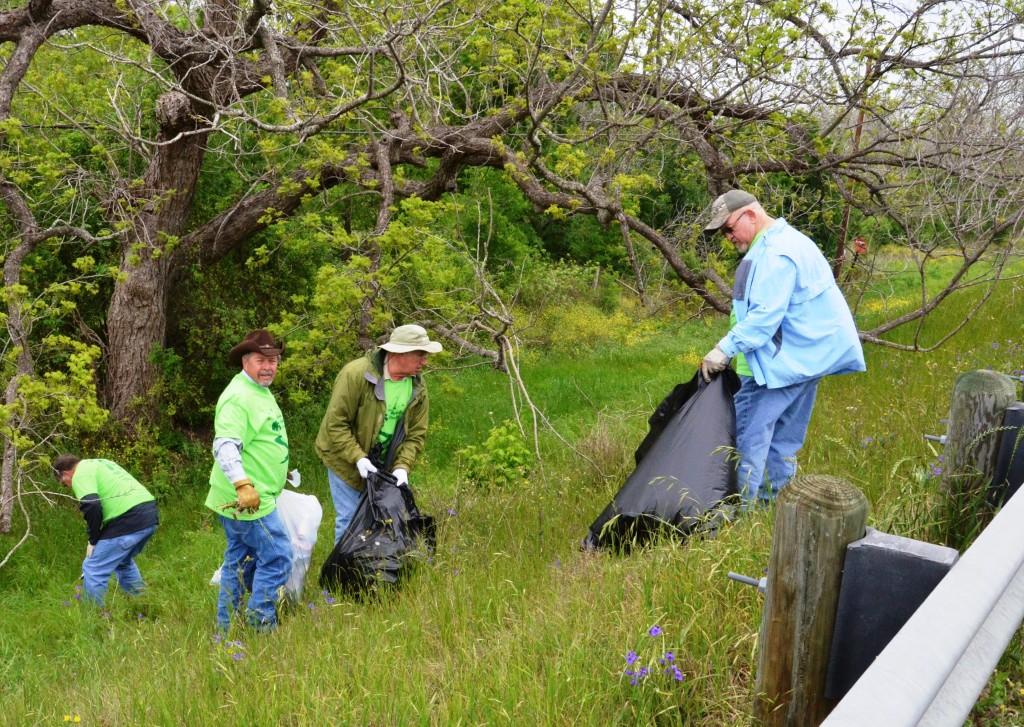The Texas A&M AgriLife Extension Service, which leads the Geronimo and Alligator Creeks Watershed Partnership, will host the 2022 Geronimo and Alligator Creeks Fall Cleanup on Oct. 22 at the Irma Lewis Seguin Outdoor Learning Center, 1865 U.S. Highway 90 E., Seguin.

AgriLife Extension and the Geronimo and Alligator Watershed Partnership are presenting the event and encourage community members to participate in cleaning up the creeks and the areas around them to protect the watershed.
The event is free. However, participants are strongly encouraged to preregister at https://tx.ag/CreekCleanup. T-shirts, breakfast tacos and coffee will be provided based on preregistration numbers. Event organizers said participants will not be turned away if they do not preregister and all are welcome.
This is a volunteer opportunity for community members in the watershed area. Volunteers can include corporate teams, neighborhood and church groups, students and individual residents who are concerned about the quality of the water in the creeks.
The event will kick off with an orientation meeting where volunteers will receive safety instructions and cleanup supplies. Volunteers will be able to choose from among several zones to go and clean up. A map and more information will be provided onsite.
Long-time event sponsor Waste Connections of Texas in Seguin has donated a dumpster for the event.
Creek cleanup successes
The first Geronimo and Alligator creeks cleanup event was in the spring of 2013. In 2019, a fall event was added. In total, more than 1,400 volunteers have removed over 23,000 pounds of trash from area roadways and creek banks.
The spring 2022 cleanup resulted in the removal of over 3,000 pounds of trash and debris by 64 volunteers.
Protection plan
The event is part of the implementation of the Geronimo and Alligator Creeks Watershed Protection Plan. The protection plan was developed by local stakeholders in response to the elevated levels of E. coli bacteria and concern for nitrates found in Geronimo Creek.
The plan outlines strategies and voluntary best management practices to restore and protect local water quality.
Funding for this effort is provided through a federal Clean Water Act nonpoint source grant administered by the Texas Soil and Water Conservation Board from the U.S. Environmental Protection Agency.
-30-


